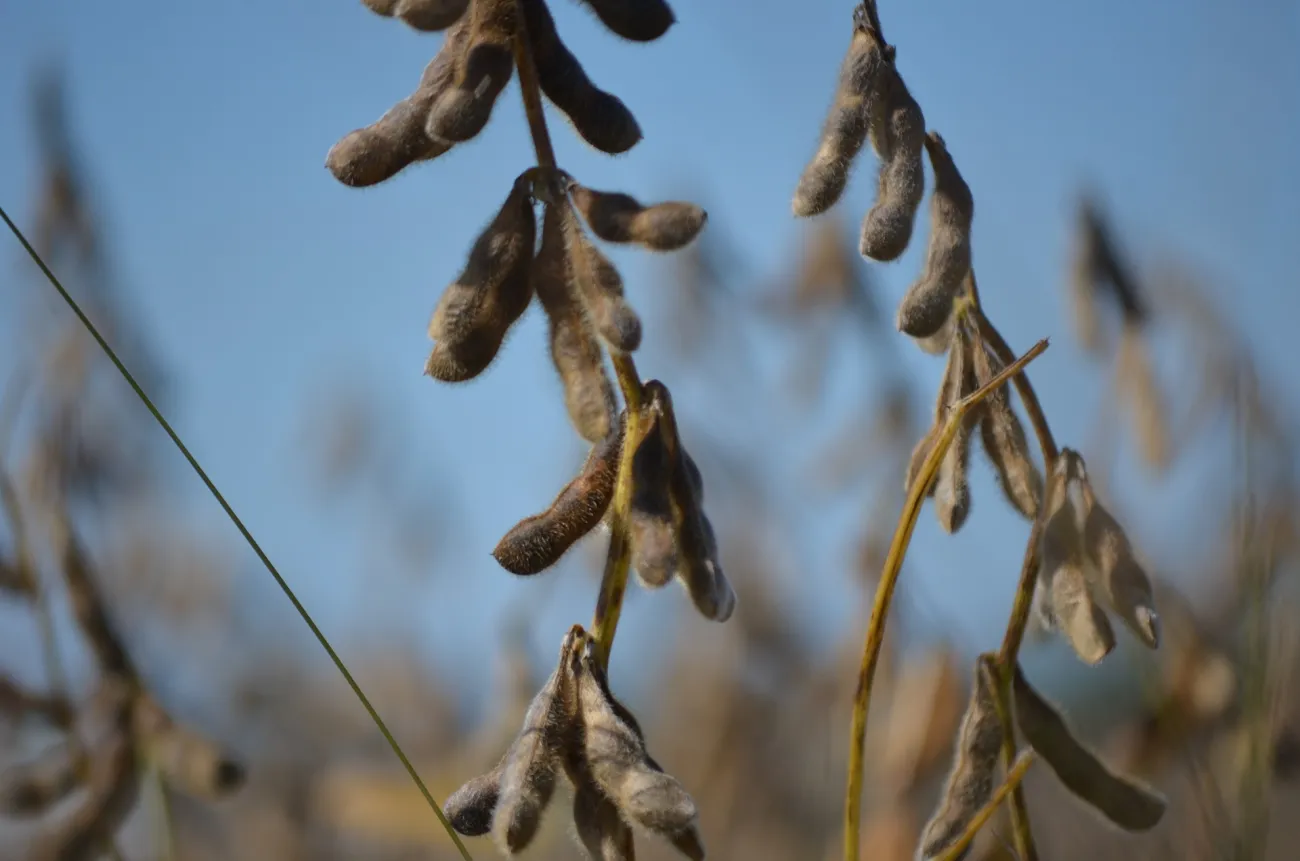The Brazilian Soy Moratorium (SoyM) is a multi-stakeholder initiative set up in 2006 by Greenpeace, the Brazilian Association of Vegetable Oil Industries (ABIOVE), and the National Association of Grain Exporters (ANEC). It was later joined by many other companies, civil society organisations, and the Brazilian government. Signatories to the moratorium take on the voluntary commitment not to buy soybeans grown on land in the Amazon that was deforested after 22 July 2008. The soy moratorium was initially renewed annually but extended in 2019 for an indefinite period. The moratorium has caused deforestation in the Amazon to decline to about one half to one third of the rate before the moratorium. Recent years, however, have seen an increase in deforestation in the Amazon. Deforestation levels were particularly high in the summer of 2019 due to an exceptional increase in forest fires. Only a small amount of the soy exported from the Brazilian Amazon is handled by traders who did not sign the Moratorium.

